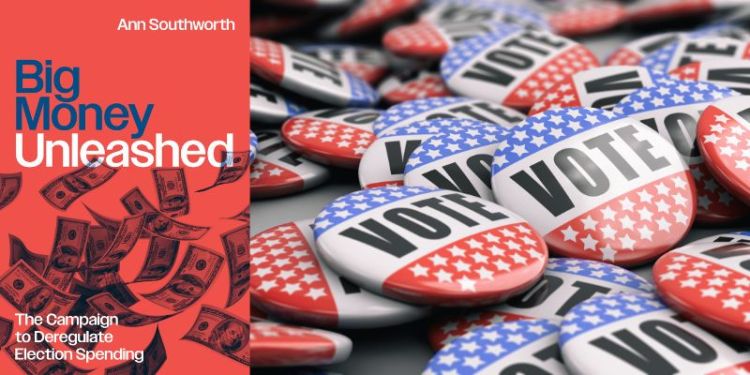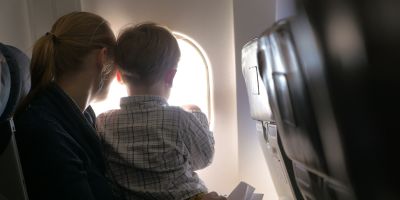Professor Ann Southworth visits the University of Leeds

Professor Southworth is one of the world’s leading scholars of the legal profession, with a particular focus on lawyers serving causes and their influence on law, politics, and society.
The Legal Professions Research Group (LPRG) at the School of Law, University of Leeds, recently hosted Professor Ann Southworth, Co-Director of the Center for Empirical Research on the Legal Profession at Harvard Law School and Professor of Law at UC Irvine School of Law. Professor Southworth is one of the world’s leading scholars of the legal profession, with a particular focus on lawyers serving causes and their influence on law, politics, and society. She is the co-author of The Legal Profession: An Interdisciplinary Approach, now in its second edition, and the author of Lawyers of the Right: Professionalizing the Conservative Coalition. Her work is widely recognized for its depth and interdisciplinarity, drawing on qualitative and quantitative research methods to analyse the networks, norms, and strategies of legal advocacy groups.
Professor Southworth gave two presentations that highlighted her influential research on the legal profession and its role in shaping constitutional and political outcomes.
On 13 November, she delivered a public lecture entitled ‘Big Money Unleashed: The Campaign to Deregulate Election Spending in America’, co-hosted by the Centre for Democratic Politics and the LPRG. Drawing on interviews with 52 lawyers involved in major campaign finance cases, as well as public records and archival materials, Professor Southworth outlined the long-term legal and advocacy strategies that have led to the dismantling of campaign finance regulations in the US. She traced the evolution of this deregulation movement, which borrowed strategies from civil rights lawyers of the 20th century but applied them to fundamentally different goals. From the landmark Citizens United v. Federal Election Commission case to the rise of dark money in elections, Professor Southworth showed how lawyers, advocacy groups, and wealthy donors coordinated to redefine the First Amendment as a tool to protect the financial influence of elite donors in US politics.
The lecture explored the broader implications of these changes, including the growing public concern over the role of big money in elections. Citing recent polls, Professor Southworth highlighted that this issue transcends political divides, with 59% of Americans identifying it as a priority for reform. She also discussed how these legal battles intersect with constitutional interpretations such as originalism and described how public information strategies played a crucial role in advancing these efforts.
On 14 November, Professor Southworth led a seminar for the LPRG entitled ‘Conservative Cause Lawyers’, which examined the role of right-wing legal advocacy organisations and their lawyers in effecting major constitutional changes during the Roberts Court era of the US Supreme Court.
Professor Southworth highlighted how conservative legal advocates have borrowed strategies, discourse, and organisational forms originally developed by progressive movements, such as those supporting civil rights and environmental protection. These tactics were repurposed to advance conservative goals, such as expanding gun rights, limiting affirmative action, and deregulating campaign finance. She emphasised the importance of long-term investments in legal networks, strategic litigation, and complementary media campaigns in building conservative legal successes. The seminar also touched on the transnational dimensions of conservative legal advocacy, including its influence on culture wars and policymaking beyond US borders.
LPRG Director, Professor Hilary Sommerlad, said,
This visit provided an invaluable opportunity for members of the LPRG to engage with Professor Southworth’s pioneering empirical research and insightful perspectives, and we are extremely grateful for the opportunity to host such a distinguished scholar. We thank Professor Southworth for her visit and her generous contributions to the intellectual life of the School of Law and look forward to continuing collaborations.




